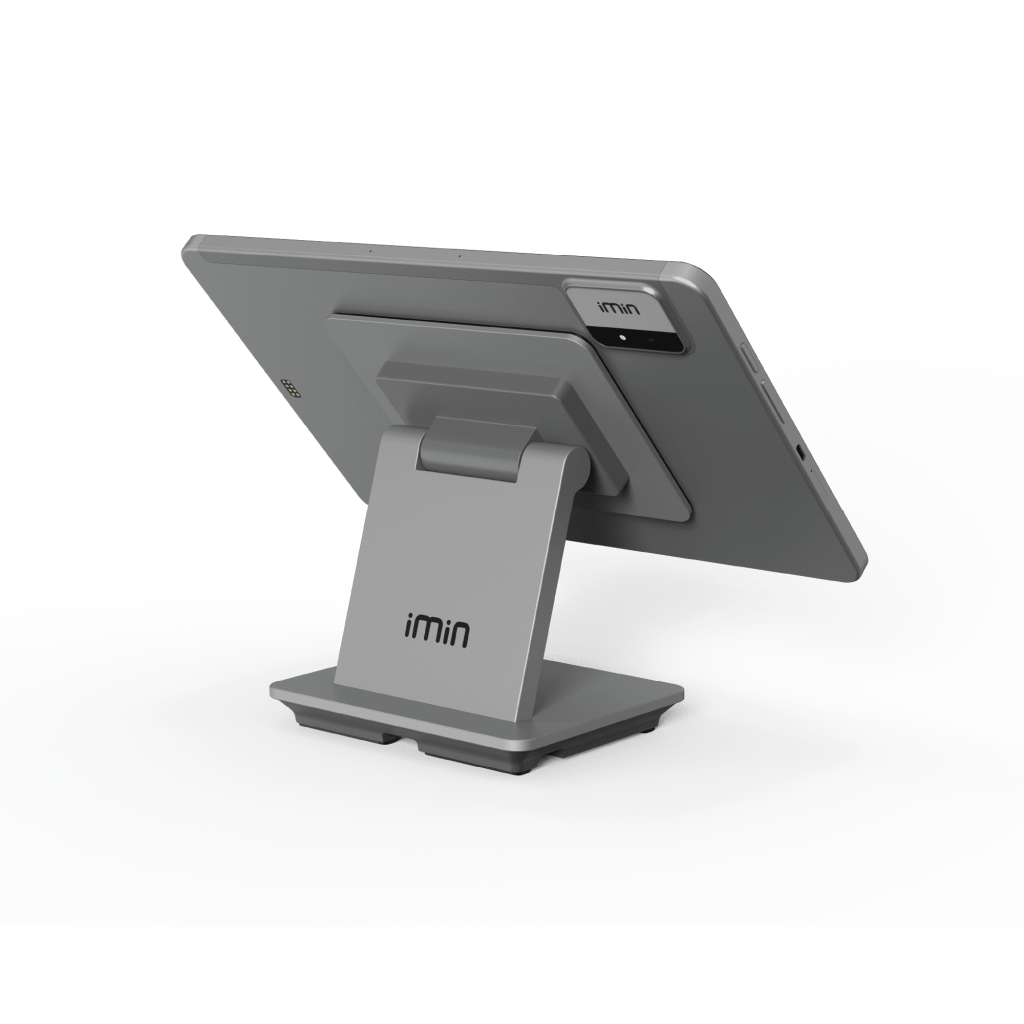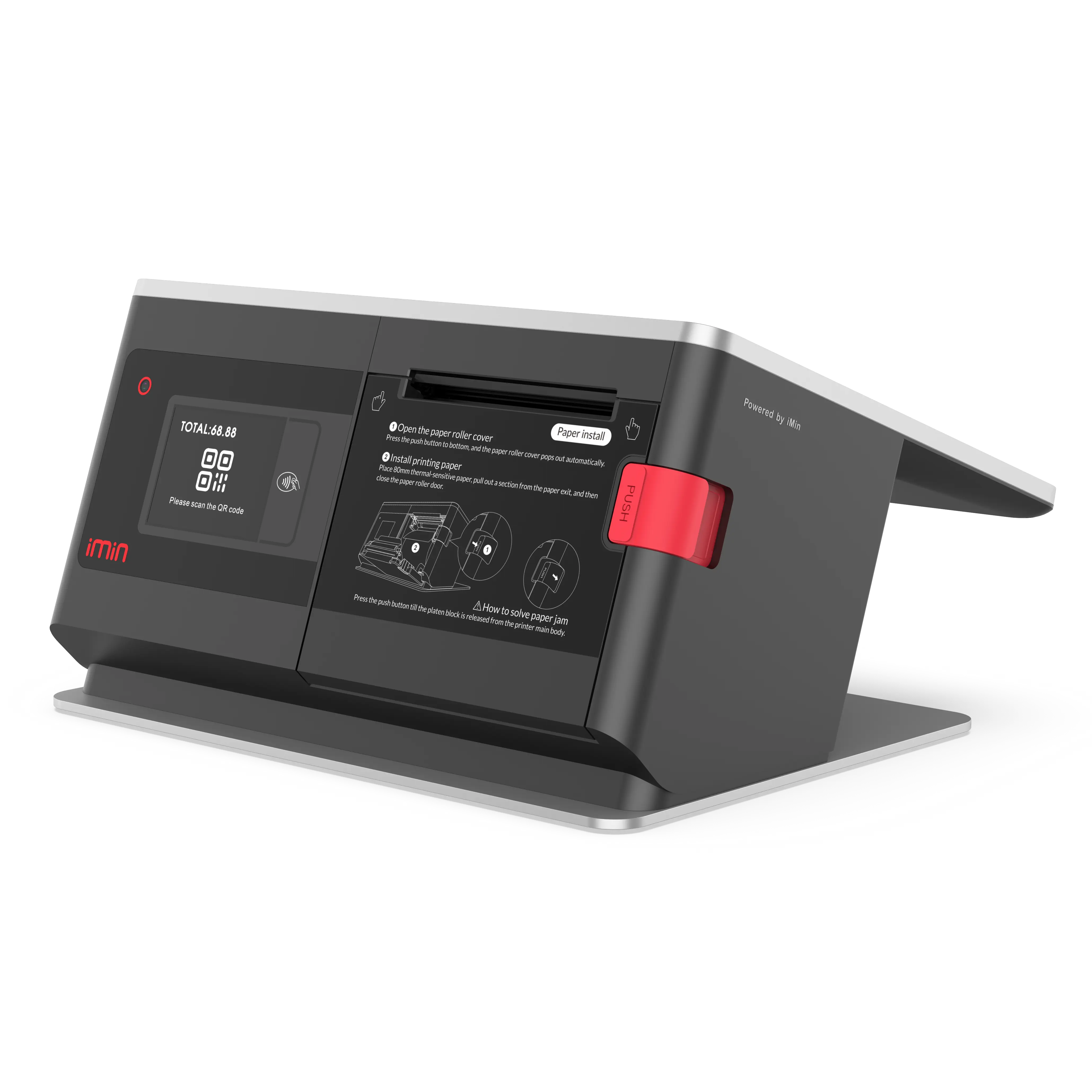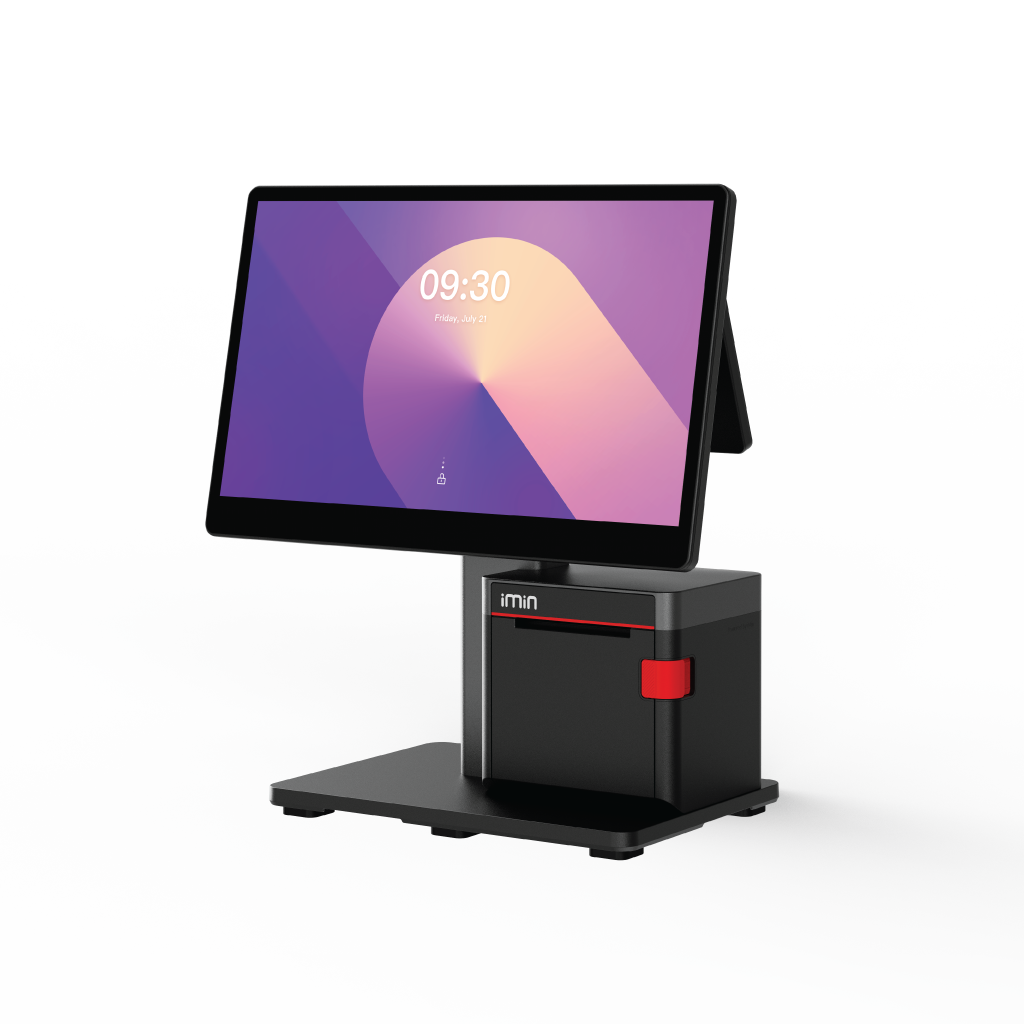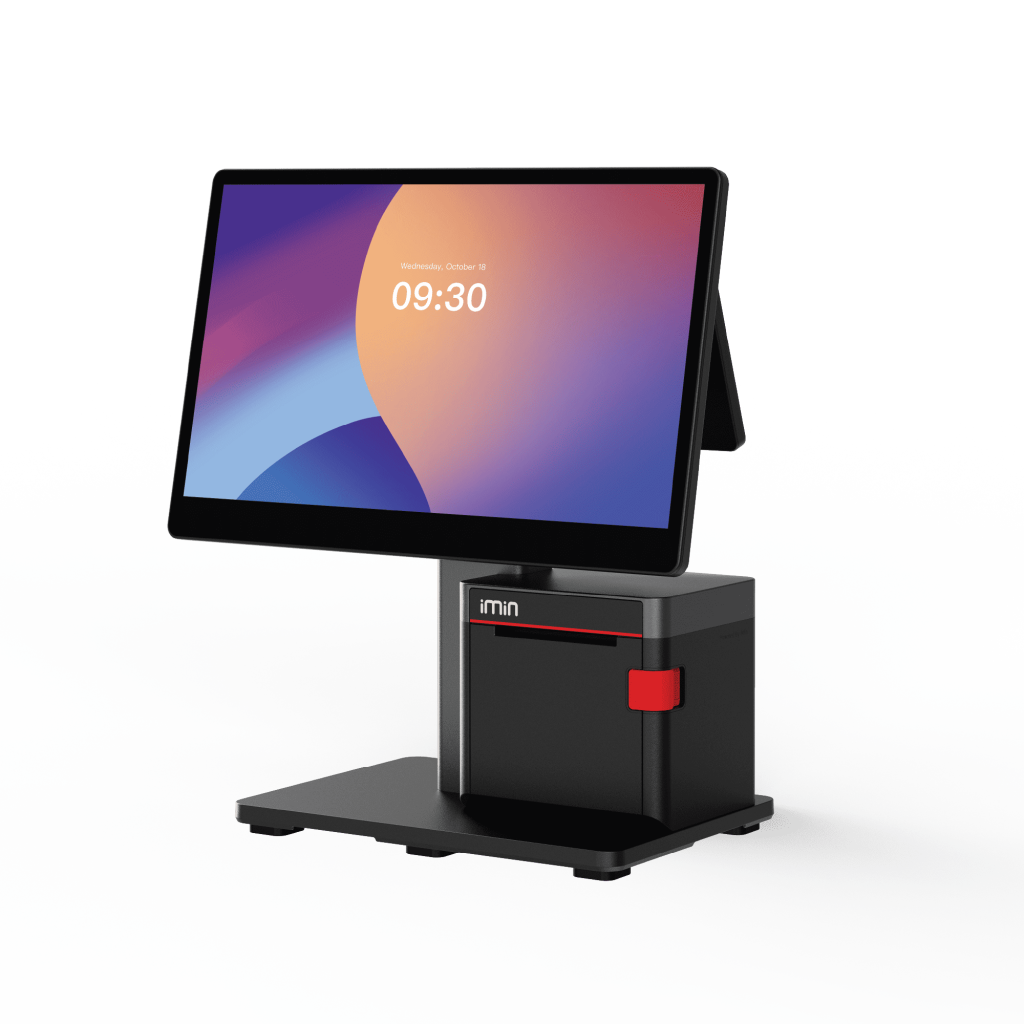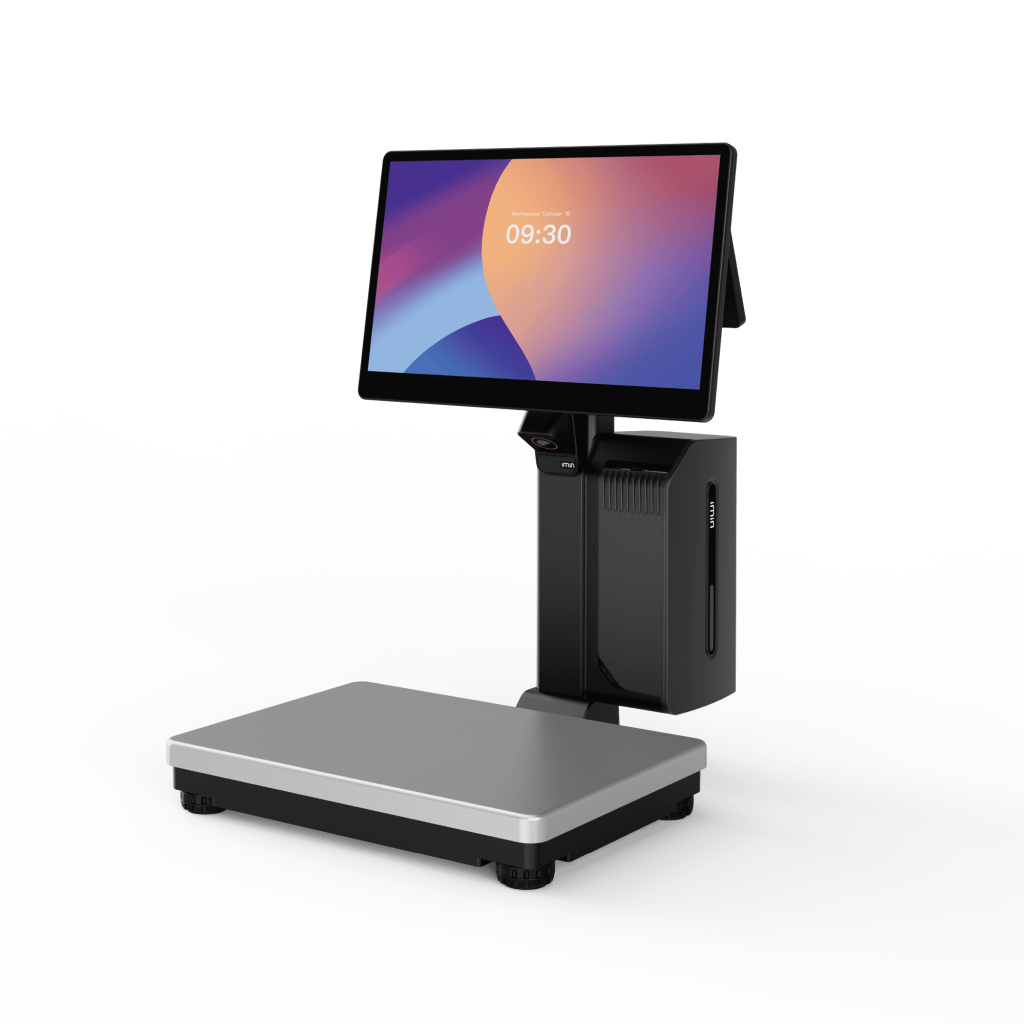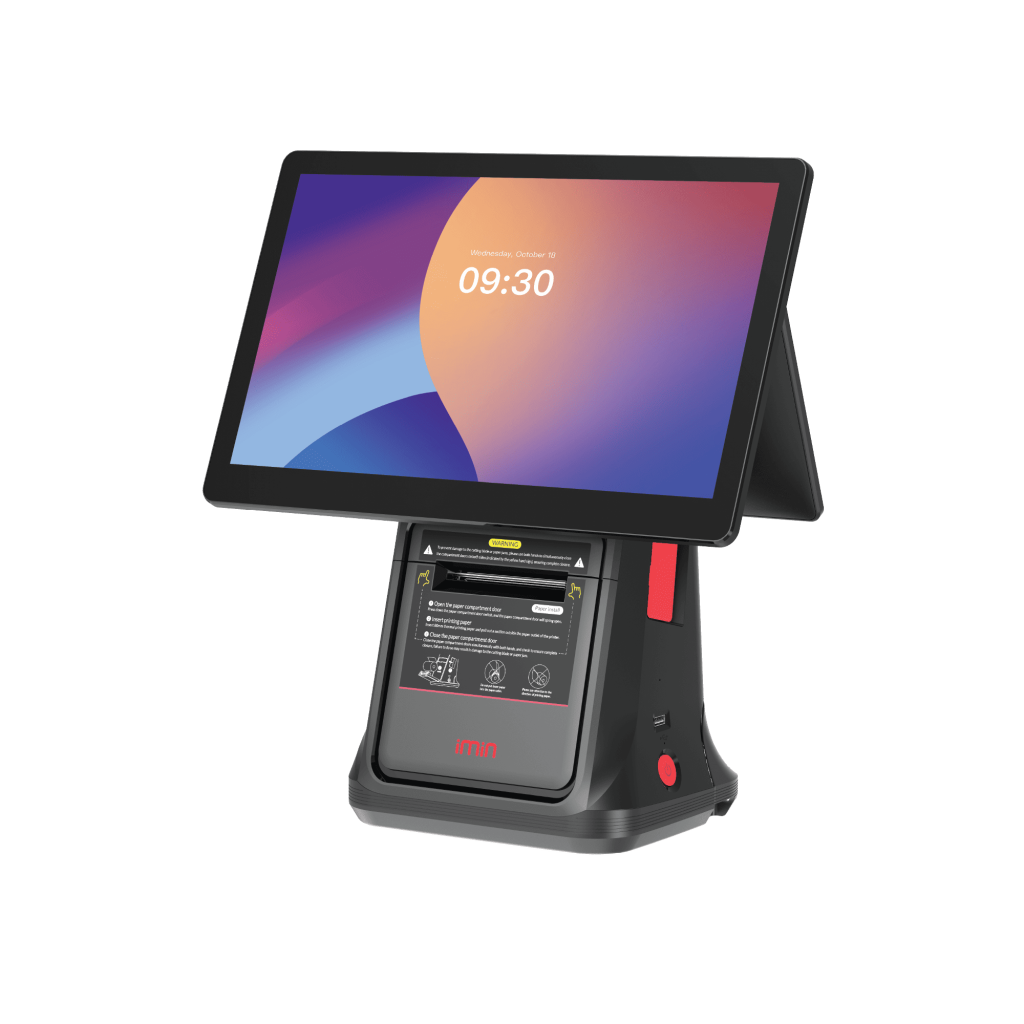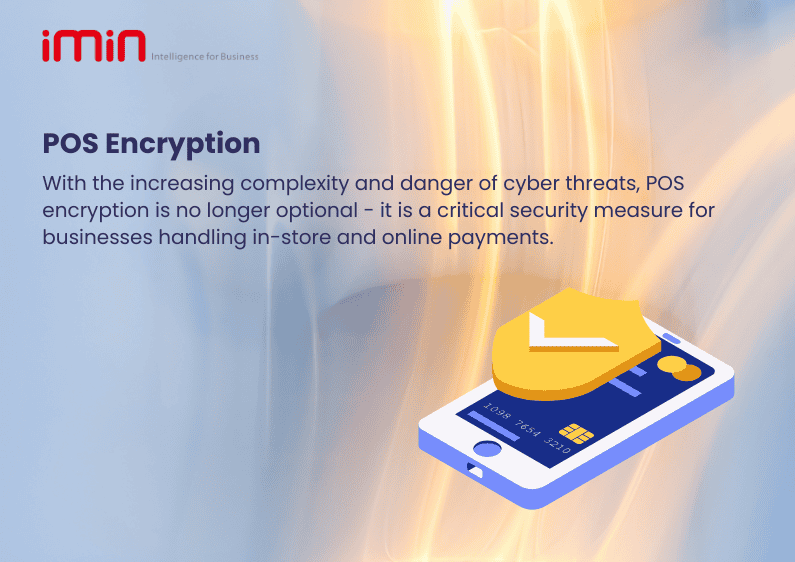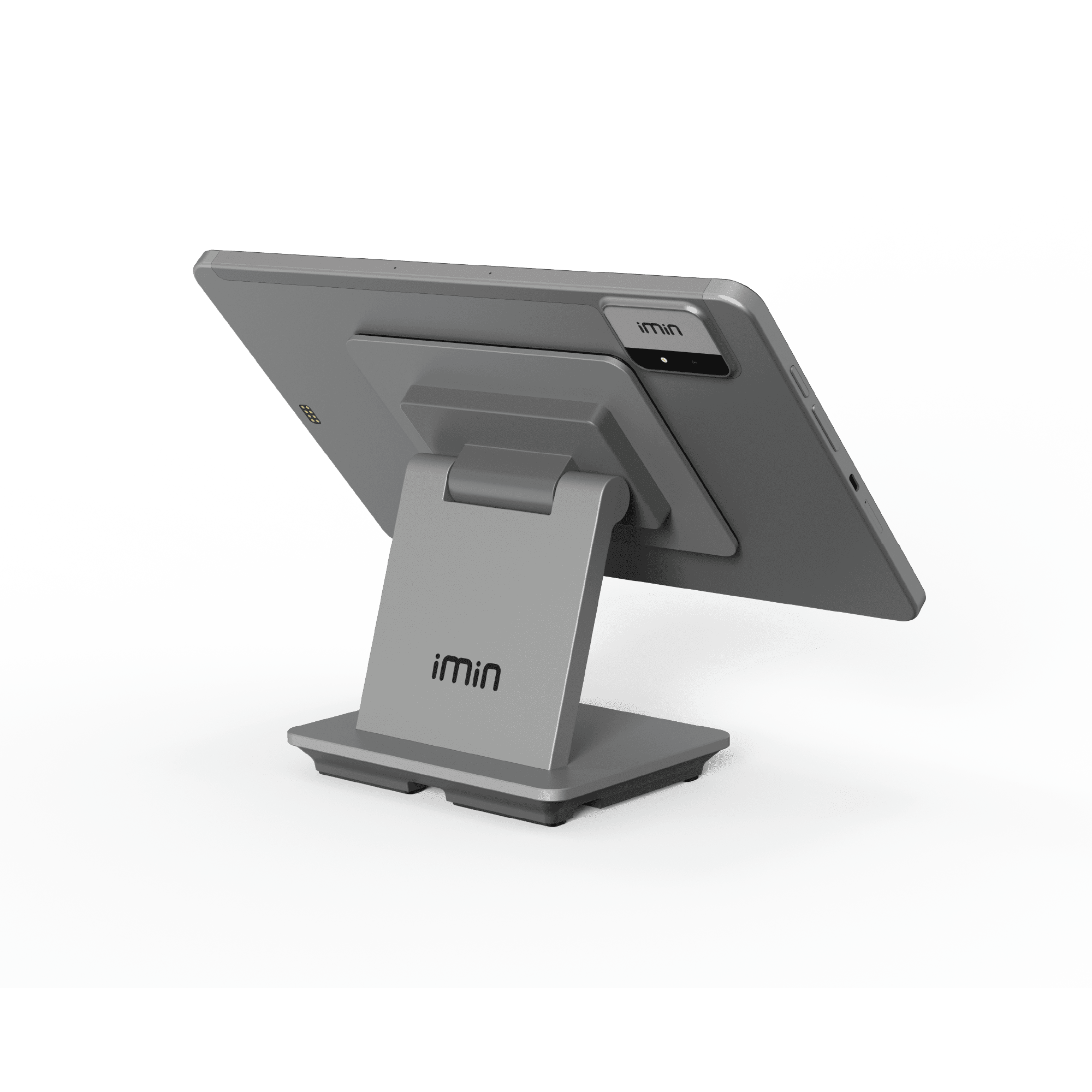Subscribe to newsletter
Check out our POS product lineup
With looming cyber threats targeting businesses of all sizes, POS encryption has become a fundamental security measure in modern society to protect sensitive payment data from fraud and breaches.
The increasing adoption of cashless payments has made it mandatory for businesses to invest in protocols and defences to secure payment transactions. POS (Point-of-Sale) encryption is the process of encoding payment information at the moment of transaction to prevent any unauthorized access. By encrypting cardholder data, PINs, and transaction details, businesses can prevent cybercriminals from reading and using sensitive data, even if they manage to retrieve or intercept it.
How does POS Encryption work?
POS encryption ensures that sensitive payment data cannot be read by unauthorized parties, through converting it into a secure, encoded format. Here is how it functions:
Encryption at the Point of Transaction
When a customer swipes, dips, or taps their credit card, debit card, or mobile phone, their payment details (card number, expiration date, CVV…) are encrypted instantaneously before leaving the device.
Secure Transmission to the Payment Processor
The sensitive customer data will be securely transmitted to the payment gateway or processor, where it is decrypted using authorized security keys.
Completion of the transaction
Once the encryption keys are verified, the payment processing will commence, and only the necessary transaction details are stored - ensuring that no sensitive card data will remain in the system. This security protocol ensures a safe transaction process that prevents security threats, such as cybercriminals from obtaining and exploiting sensitive customer data.
Why is POS Encryption important?
POS encryption provides a layer of security to protect businesses and consumers from data theft, fraud, and financial losses.
Payment Fraud
POS encryption can help to prevent card skimming, data interception, and man-in-the-middle attacks that can lead to security breaches and financial fraud.
Ensures PCI DSS Compliance
Governments and industry regulators (regulatory bodies) worldwide have established strict compliance standards to ensure that businesses handling payment transactions implement encryption and data security measures. The Payment Card Industry Data Security Standard (PCI DSS) is one of the most established and recognized security frameworks that mandates the encryption of cardholder data. Non-compliance with such standards and security policies will result in heavy fines and penalties.
Builds Customer Trust & Business Reputation
Consumers expect sale security and robust security measures from payment service providers and businesses. Implementing strong POS encryption services will provide customers with an ease of mind, knowing that their payment information is safe and secure.
Reduces the Impact of Data Breaches
Even in the event of a data breach or malware attacks, encrypted payment data will be useless to these cybercriminals, which reduces the potential financial and reputation damage to the brand.
Types of Encryption Technologies
There are various types of encryption technologies that can be deployed in a POS system to create a safe environment and fend off potential threats. It is important to have an understanding of these technologies so you can choose the best solutions to secure your card payments.
End-to-End Encryption (E2EE)
This technology encrypts cardholder data from the moment it is entered into the POS terminal until it reaches the payment processor. It ensures that no intermediate system (POS softwares, network servers) can access the raw payment data, eliminating the risk of exposure during transactions.
Point-to-Point Encryption (P2PE)
P2PE is an advanced form of encryption that ensures payment data is encrypted from the moment it is captured at the POS terminal until it reaches a PCI-validated decryption environment. Only upon reaching the decryption environment will the card data be decrypted. This method is effective against malicious threats and prevents impactful data breaches, since no readable payment data can be compromised.
Tokenization
Tokenization is an alternative to encryption that replaces sensitive payment data with a unique, non-sensitive 'token'. Instead of encrypting data, it will substitute the actual card number with a randomly generated string of characters that has no value. The actual card data will be kept securely in a token vault that is managed by a third-party security provider. Similarly to P2PE, in the event of malicious actors, hackers will not be able to perform any actions without the original token vault.
Benefits of POS Encryption for businesses
Enhanced Security & Fraud Protection
POS encryption significantly reduces the risk of cyberattacks and suspicious activity by making intercepted payment information unreadable. Hackers targeting POS devices will be unable to decrypt the data, preventing financial fraud and unauthorized transactions.
PCI DSS Compliance
Compliance with PCI DSS regulations is a critical aspect of business operations, and failing to meet encryption standards can result in severe financial impact, including fines and penalties. Implementing POS encryption ensures secure data handling, reducing compliance burdens and strengthening security protocols.
Lower Financial Risks & Liability
A breach of encrypted payment data can result in operational disruptions, leading to costly chargebacks, lost sales, and reputational damage. POS encryption protects businesses from fraud-related losses, safeguarding financial stability and maintaining smooth business operations.
Secure Omnichannel Transactions
With the increasing reliance on online payments, payment terminals, and contactless transactions, ensuring encryption across multiple sales channels is essential. Whether transactions occur in-store, via online payments, or through mobile payment platforms, end-to-end encryption guarantees a seamless and secure customer experience through seamless payment processing.
Protect Brand Reputation
A security breach involving payment data can severely impact a brand's reputation, leading to a loss of customer trust and declining sales. By implementing robust POS encryption, businesses can protect sensitive payment information and create secure transactions for their customers to enhance the customer experience. This will strengthen consumer confidence in their business operations as well.
Common Vulnerabilities
While POS encryption is highly effective, businesses must be aware of vulnerabilities that could weaken security, disrupt business operations, and expose them to the risk of cyberattacks. Inadequate security measures can leave payment systems vulnerable to fraud, making it crucial for businesses to implement strict security policies to maintain a high level of security.
1. Outdated POS Software & Hardware
Old POS devices may use weak encryption algorithms, making them susceptible to hacking attempts and fraudulent activities. If the system does not support strong encryption, attackers can exploit vulnerabilities and access sensitive payment data. Hence, it is important to conduct regular updates to meet modern encryption standards and avoid operational disruptions. Ensuring PCI compliance will also help businesses maintain secure transactions.
2. Malware & POS System Hacking
Cybercriminals can deploy RAM scraping malware and other malicious software to extract unencrypted card data before encryption is applied. These attacks can compromise payment systems, leading to financial losses and regulatory penalties. It is important to implement an advanced endpoint security system, restrict unauthorized access, and actively monitor for suspicious activity to detect malware threats before they infiltrate POS devices.
3. Physical Tampering & Card Skimming
Hackers may attempt to install skimming devices on POS terminals to steal payment details before encryption takes effect. Frequent checks should be conducted, and tamper-resistant hardware should be deployed to keep your POS system safe through proactive measures.
4. Weak Internal Security Practices
Phishing attacks and insider threats can compromise POS encryption systems, leaving businesses exposed to breaches and fraud. Employee training to reduce human error and enforcing two-factor authentication measures can help to mitigate risks.
With the increasing complexity and danger of cyber threats, POS encryption is no longer optional - it is a critical security measure for businesses handling in-store and online payments. Through implementing strong encryption standards, companies will enhance security, ensure PCI DSS compliance, protect customer data and prevent operational disruptions.
To stay competitive and secure, businesses should regularly update their POS encryption strategies, adopt proactive measures, and leverage emerging security technologies.



